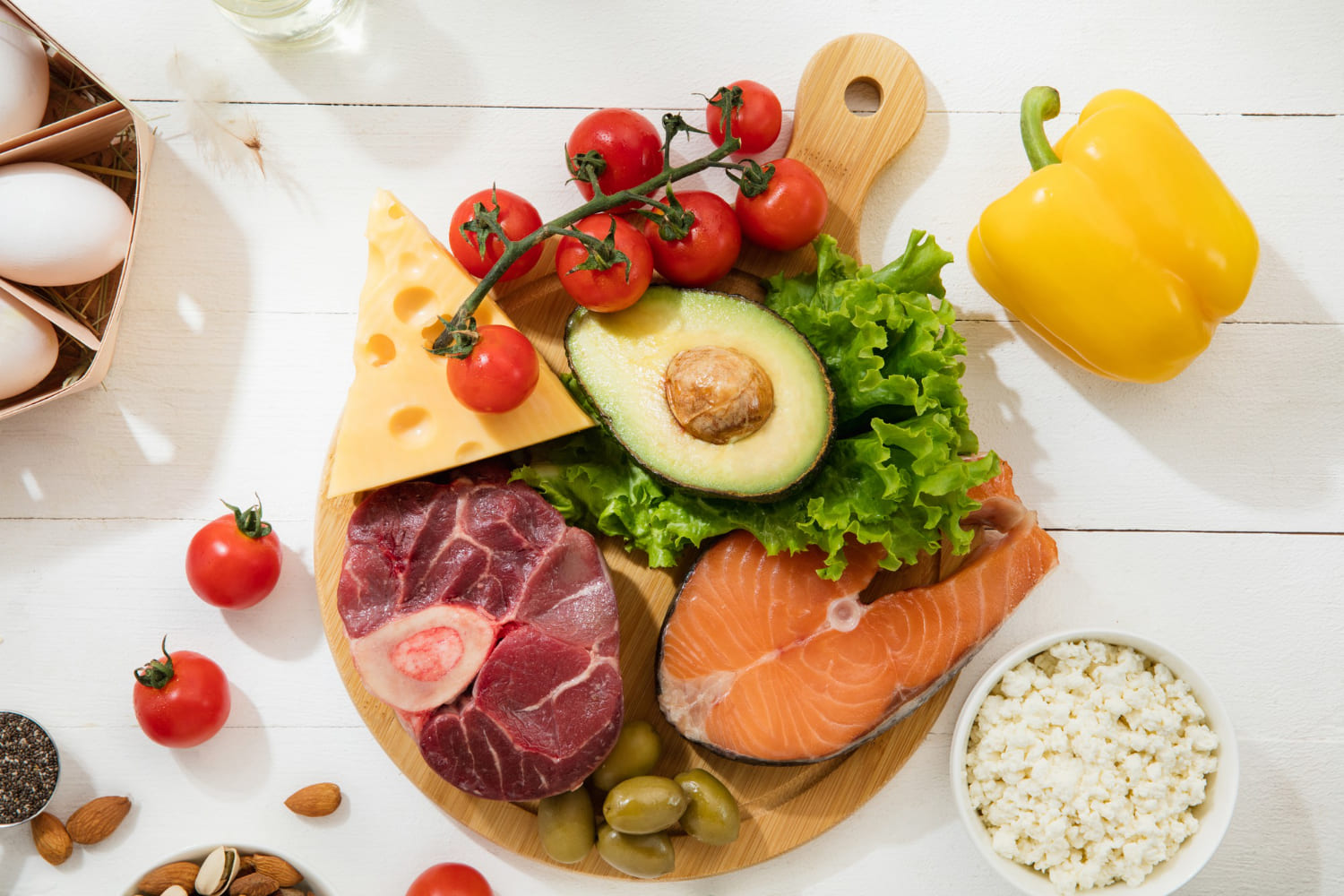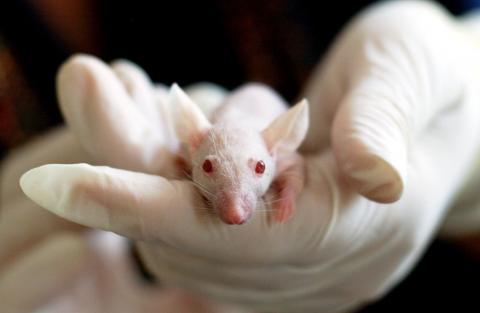Reaction to study in pregnant primates linking high-fat diet with immune alterations in the foetus
A study has associated the consumption of a high-fat diet in pregnant primates with alterations in the development of immune cells in the bone marrow of the foetuses. The results are published in the journal Stem Cell Reports.

Dolores Corella - primates embarazadas EN
Dolores Corella
CIBEROBN researcher and professor at the University of Valencia
This is one of many studies being done on the importance of parental diet on offspring. It is an animal experimental study in macaques and extrapolation to humans is not always straightforward. It is a good study in its scope of animal experimentation, but it cannot be directly transferred to humans, as there are many differences. For example, the headline [of the press release] insists that the high-fat diet is bad. If you look at the macronutrient composition of the diet they feed the animals, the high-fat diet has only 36% fat relative to the other macronutrients (the so-called low-fat diet has 15% fat). These percentages cannot be transferred to humans because a diet with 15% fat in humans would not be viable; and the so-called high-fat diet has a similar percentage of fat to the Mediterranean diet. We would have to know what type of fatty acids are involved in this fat intake and whether they are saturated fats or other types of fat. All this means that we cannot transfer the message to humans.
The study does not provide much new information. It is known that the mother's diet in a broad sense, and not just fat, can modify epigenetics and other aspects of foetal development. This is why it is insisted that nutrition in pregnancy is very relevant for the future of the baby in terms of health and disease prevention. It is not only fat. For some time now the focus has not been on total fat in the diet, but on a healthy and balanced dietary pattern.
The study has many limitations but, fundamentally, the lack of translation from animal models to humans.
Sureshchandra et al.
- Research article
- Peer reviewed
- Experimental study
- Animals



